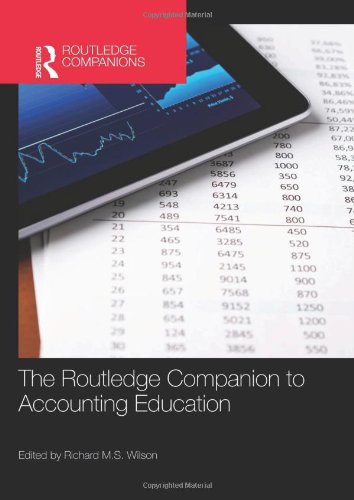

Most ebook files are in PDF format, so you can easily read them using various software such as Foxit Reader or directly on the Google Chrome browser.
Some ebook files are released by publishers in other formats such as .awz, .mobi, .epub, .fb2, etc. You may need to install specific software to read these formats on mobile/PC, such as Calibre.
Please read the tutorial at this link: https://ebookbell.com/faq
We offer FREE conversion to the popular formats you request; however, this may take some time. Therefore, right after payment, please email us, and we will try to provide the service as quickly as possible.
For some exceptional file formats or broken links (if any), please refrain from opening any disputes. Instead, email us first, and we will try to assist within a maximum of 6 hours.
EbookBell Team

4.8
64 reviewsMany enquiries into the state of accounting education/training, undertaken in several countries over the past 40 years, have warned that it must change if it is to be made more relevant to students, to the accounting profession, and to stakeholders in the wider community.
This book’s over-riding aim is to provide a comprehensive and authoritative source of reference which defines the domain of accounting education/training, and which provides a critical overview of the state of this domain (including emerging and cutting edge issues) as a foundation for facilitating improved accounting education/training scholarship and research in order to enhance the educational base of accounting practice. The Routledge Companion to Accounting Education highlights the key drivers of change - whether in the field of practice on the one hand (e.g. increased regulation, globalisation, risk, and complexity), or from developments in the academy on the other (e.g. pressures to embed technology within the classroom, or to meet accreditation criteria) on the other.
Thirty chapters, written by leading scholars from around the world, are grouped into seven themed sections which focus on different facets of their respective themes – including student, curriculum, pedagogic, and assessment considerations.